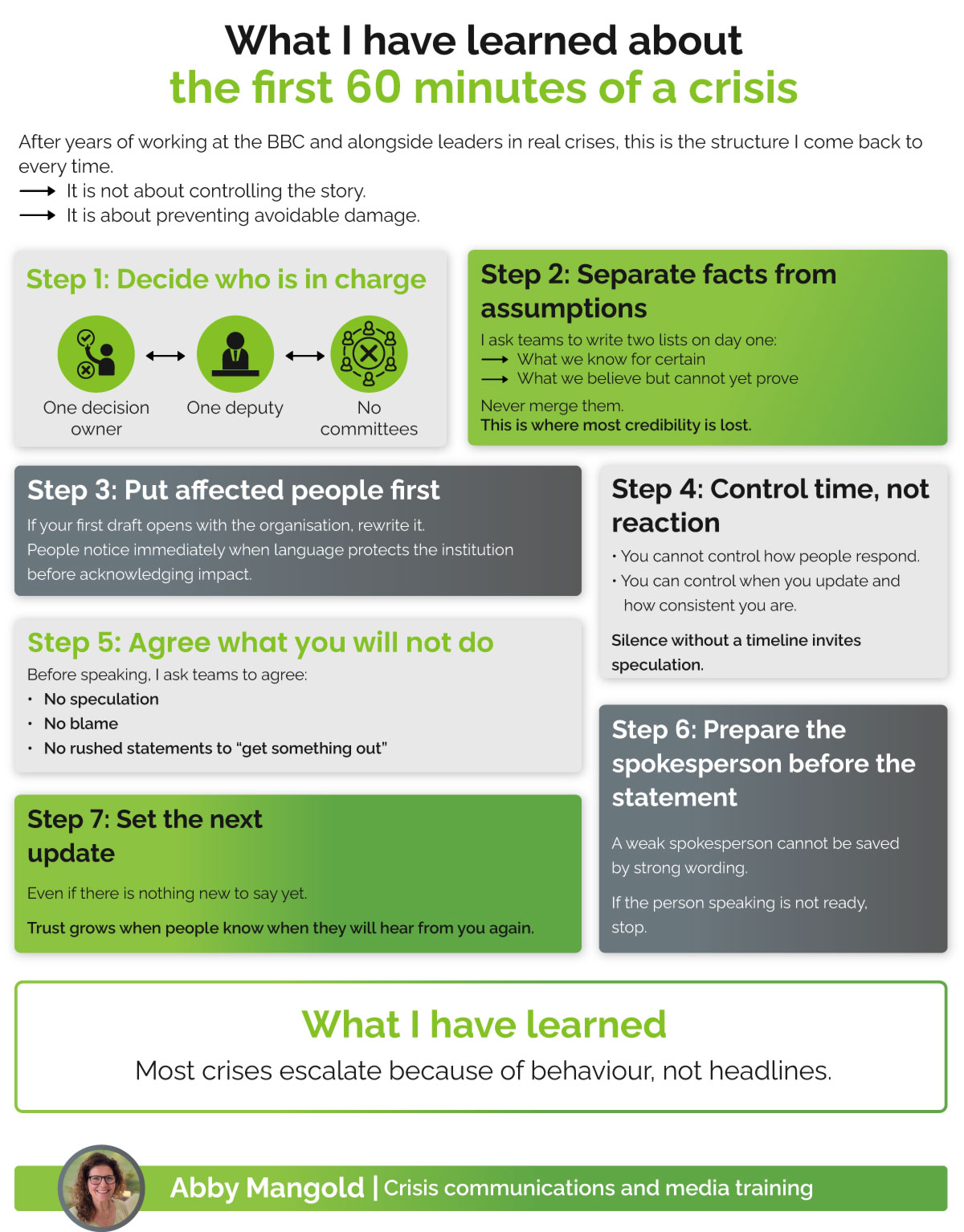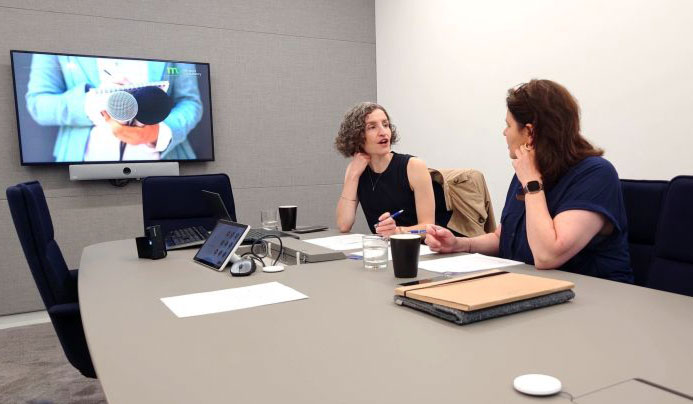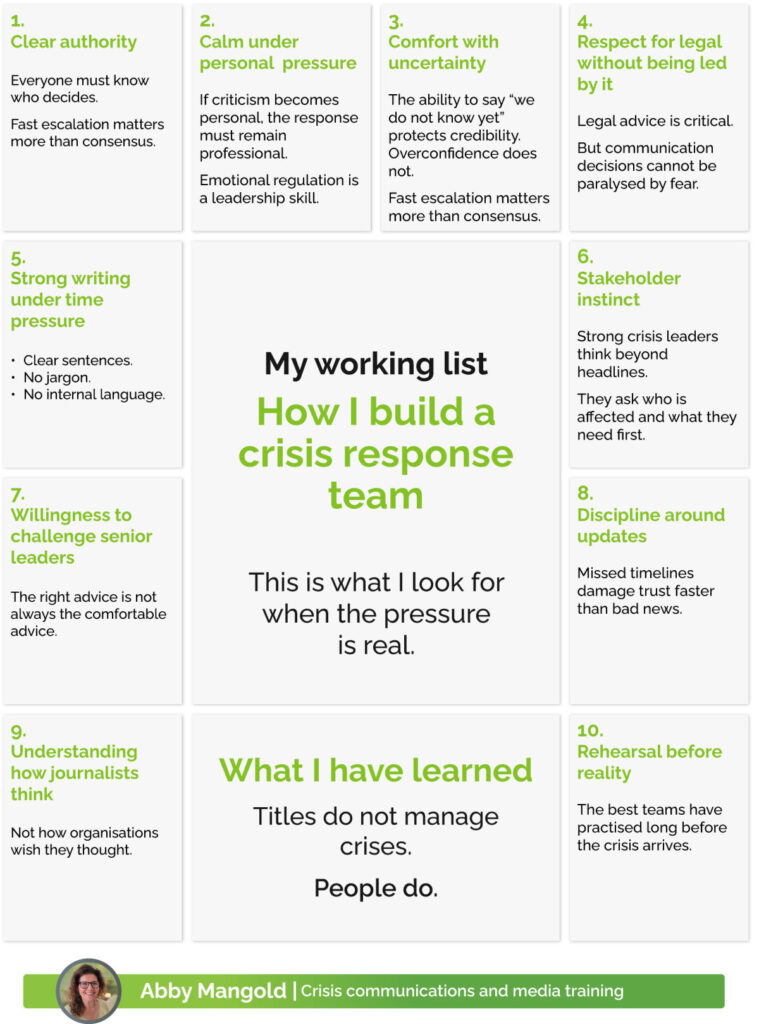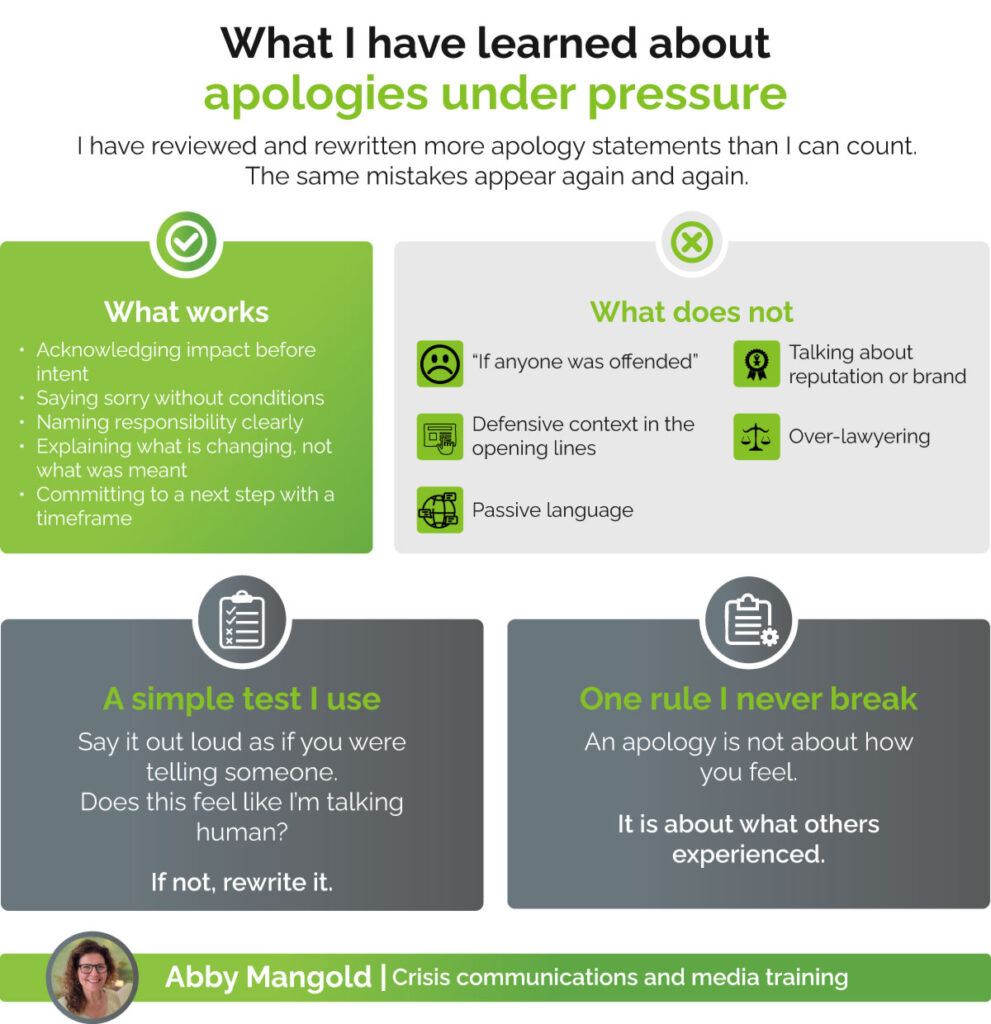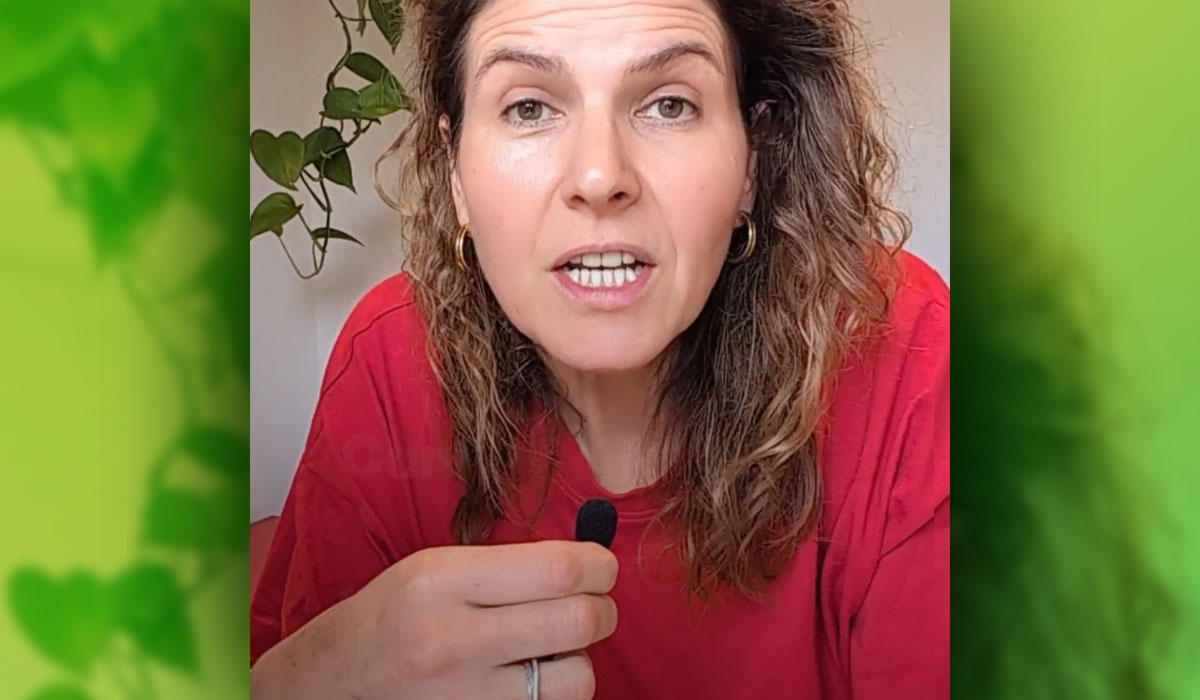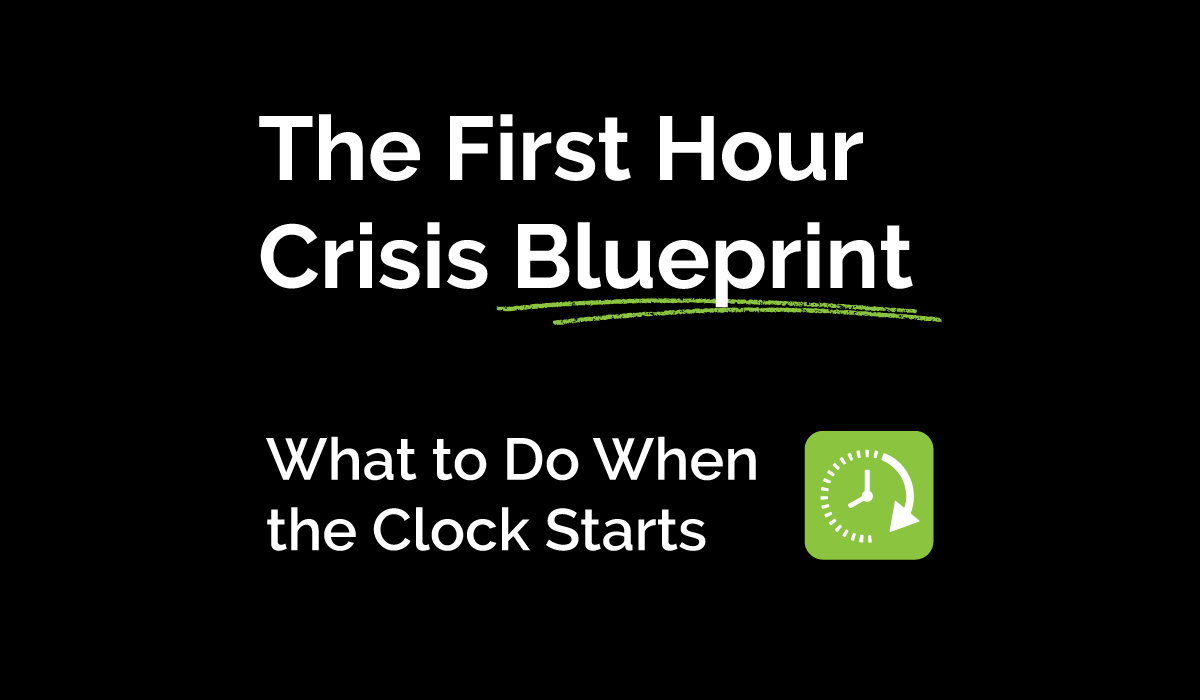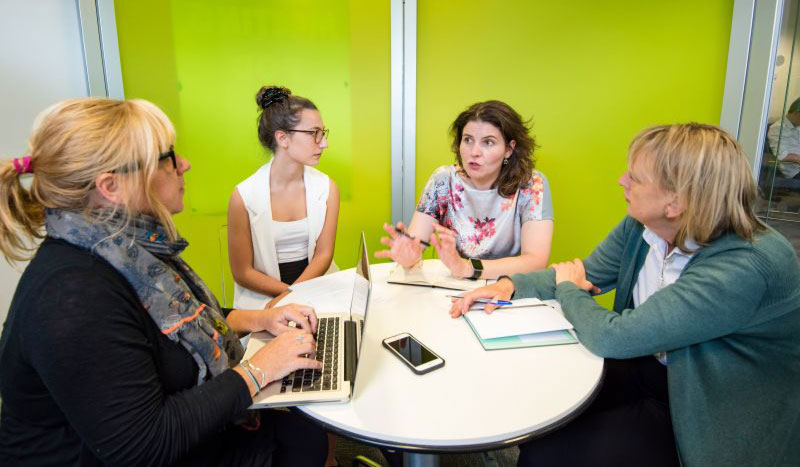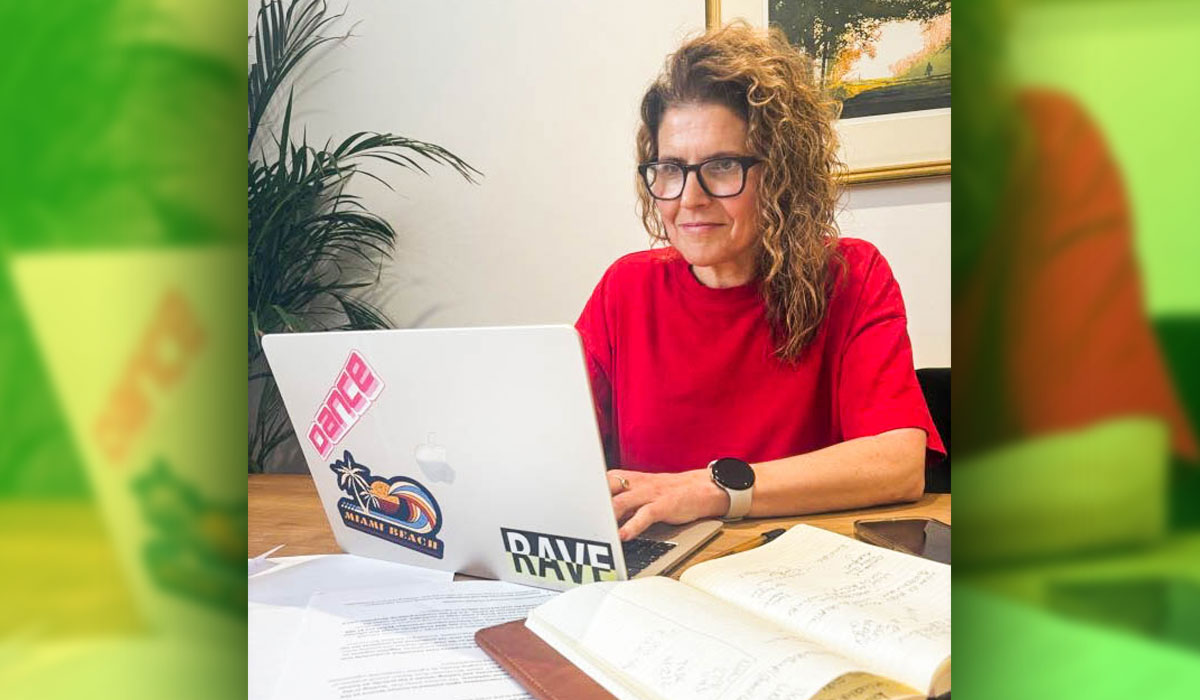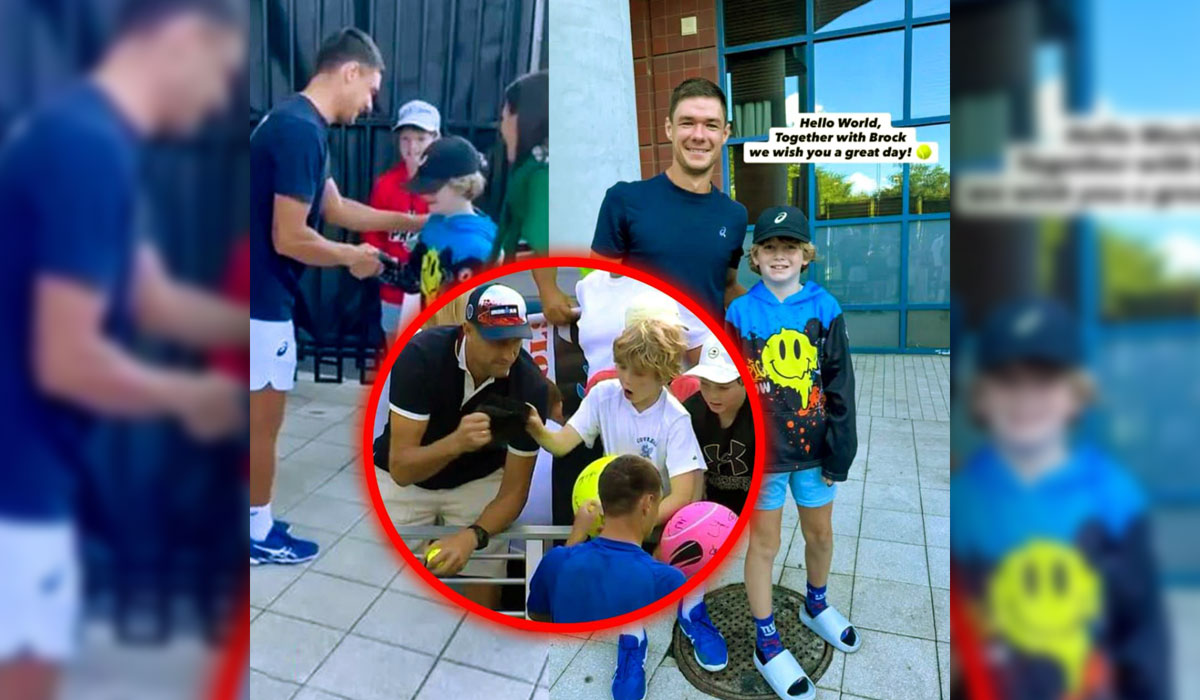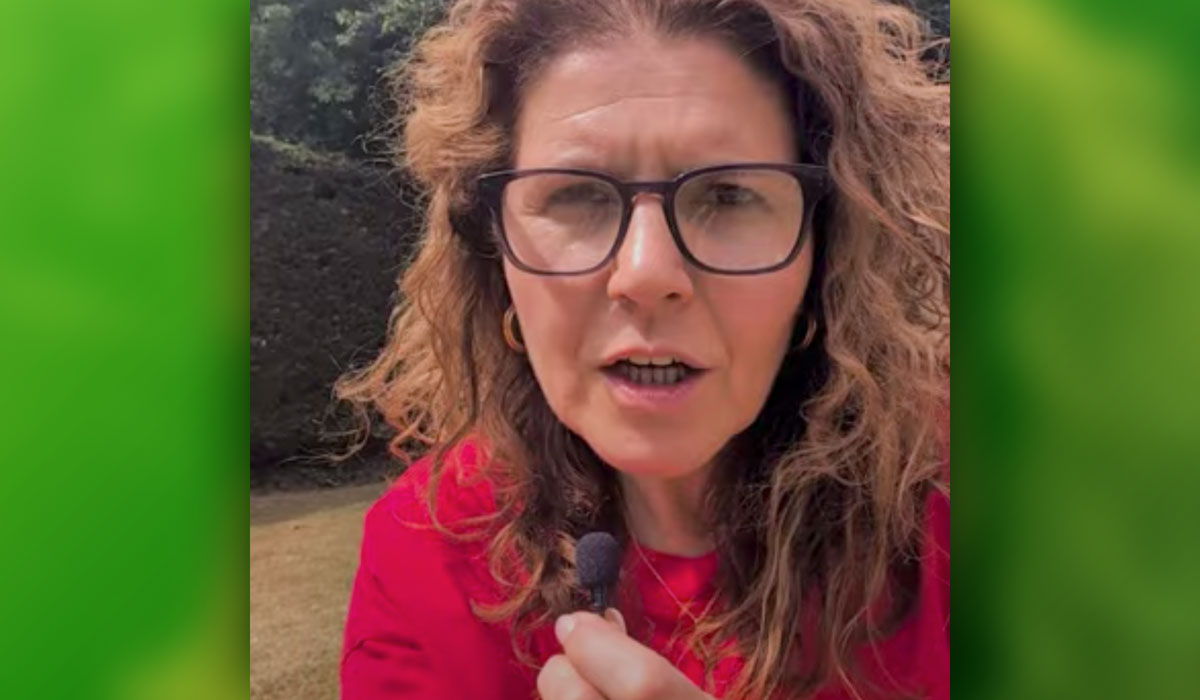One of the most dangerous assumptions I see in crisis response today is this:
That the truth will speak for itself (in the age of AI and fabricated content).
It will not.
I have learned that in moments of uncertainty, people do not wait for facts.
They look for signals.
- Who speaks first.
- Who sounds credible.
- Who appears composed.
- Who seems to care.
This is why crisis response today is less about information and more about judgement.
When deepfakes, edited clips and misinformation are circulating, the organisations that hold trust are the ones that already have three things in place.
First, decision discipline.
Someone who knows when to speak and when not to.
Not everything needs an immediate response, but everything needs a considered one.
Second, language that sounds human under pressure.
Audiences can sense scripted reassurance instantly.
In high-risk moments, tone matters as much as facts.
Third, leaders who have rehearsed uncertainty.
Not just the scenario, but the discomfort of not having all the answers.
What I have seen repeatedly is this:
Organisations do not fail because they lack technology, they fail because they have not prepared their people to lead when certainty disappears.
AI makes crises faster and noisier.
If you are relying on tools alone to protect trust, you are already exposed.
